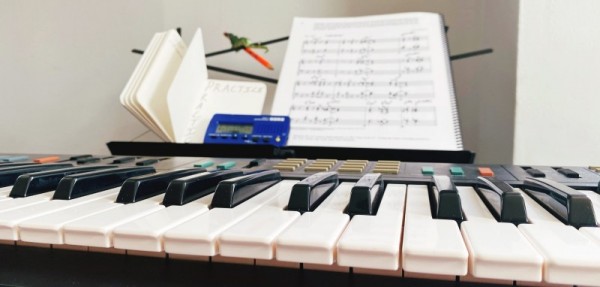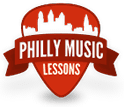
Common Challenges for Beginner Musicians (and How to Overcome Them)
Starting your musical journey is an exciting time, but like any new skill, it comes with its challenges. As you pick up your instrument and begin to learn, you may encounter roadblocks that feel frustrating. But remember: every musician, no matter how skilled, has been there! Here are some common challenges beginners face and tips on how to overcome them.
1. Developing Finger Strength and Dexterity
For beginners, finger strength (especially on instruments like guitar and piano) can be a big hurdle. Pressing down on strings, stretching to reach keys, or getting used to awkward hand positions can feel uncomfortable and even painful at first.
How to Overcome It:
Building finger strength takes time, but the key is consistency. Start with short, regular practice sessions focused on specific exercises for your instrument, like scales, finger drills, or chord transitions. Avoid pushing too hard; if your hands feel sore, give them a break. Gradually, your hands and fingers will get stronger, making it easier to play longer and more complex pieces.
2. Keeping Rhythm and Timing
Rhythm can be tricky for new musicians, especially if you’re not used to playing along with a beat. Staying in time is essential for any piece of music, yet it’s common for beginners to speed up or slow down without realizing it.
How to Overcome It:
Practicing with a metronome is one of the best ways to develop a strong sense of timing. Start by playing at a slower tempo than you think you need and gradually increase the speed as you become comfortable. Additionally, practice tapping your foot along with the beat to develop an internal sense of rhythm. With time, your timing will feel natural, and you’ll be able to keep up with songs effortlessly.
3. Understanding Music Theory
Concepts like scales, chords, and key signatures can feel overwhelming, especially if you’re new to music. Many beginners find it challenging to connect these ideas to their playing.
How to Overcome It:
Start with the basics and build your understanding over time. Begin by learning one scale (like the C major scale) and practice playing it on your instrument. Gradually, incorporate chords that relate to that scale. Philly Music Lessons offers personalized lessons to help you make sense of music theory in a practical way, so you can apply it to the music you love. Remember, you don’t need to learn everything at once—music theory is like a puzzle you piece together bit by bit.
4. Feeling Nervous or Stuck
Many beginners worry they’re “not good enough” or that they’re not improving as quickly as they’d like. It’s natural to feel a bit of stage fright, even when you’re practicing alone! And if you’re not seeing immediate progress, it can be tempting to give up.
How to Overcome It:
First, remember that everyone improves at their own pace. Celebrate small victories, like mastering a new chord or playing a song from start to finish. If you feel stuck, try recording yourself so you can track your progress over time—you might be surprised by how much you’ve improved! Philly Music Lessons teachers are here to help you stay motivated and focused, giving you feedback to build confidence and keep you moving forward.
5. Sticking to a Practice Routine
Consistency is key to improving, but finding time to practice regularly can be difficult. It’s easy to skip practice when you’re busy or feeling unmotivated, which can slow down your progress.
How to Overcome It:
Set achievable goals and create a practice schedule that works for you. Even if you can only manage 10 minutes a day, regular practice is better than cramming once a week. Make practice enjoyable by mixing in songs you love with technical exercises. Additionally, try scheduling your practice sessions around the same time each day to make it a habit. At Philly Music Lessons, we encourage students to set personal goals, whether that’s learning a song or working on a skill, to stay focused and motivated.
6. Learning to Read Sheet Music or Tablature
Reading music is like learning a new language. Some beginners find it challenging to recognize notes, rhythms, and musical symbols on a page. While learning to read music isn’t necessary for every instrument or style, it can greatly enhance your understanding and abilities.
How to Overcome It:
Start small. Begin with simple songs and focus on one aspect of reading at a time, such as note names or rhythm. Apps, flashcards, and games can help make learning to read music more engaging. Philly Music Lessons teachers can provide a structured approach to reading music, making it easier to build your skills gradually.
Final Thoughts
Learning an instrument is a journey filled with small wins and occasional setbacks. Remember, even professional musicians started as beginners! Facing challenges is part of the growth process, and each hurdle you overcome will make you a stronger, more resilient musician. At Philly Music Lessons, we’re here to support you every step of the way, offering guidance, encouragement, and tailored lessons to help you reach your musical goals. Stick with it, enjoy the process, and know that you’re not alone.

